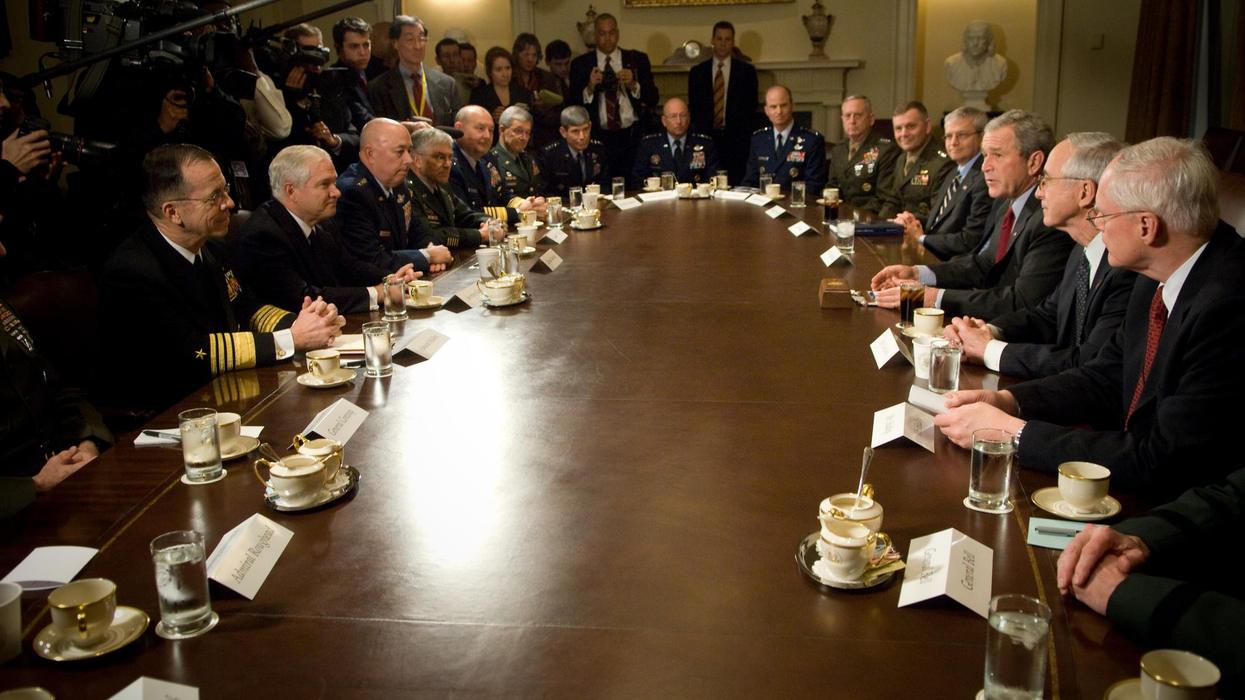Today’s attempted assassination of former Pakistani Prime Minister Imran Khan comes at a time of heightened political division and violence. It is likely to only rally support around Khan and increase suspicion towards the country’s military establishment and PMLN-led government.
Some protests against the military have already begun. Khan, 70, was shot in the leg, and has been transferred to a hospital in Lahore for treatment.
Assassination attempts against Pakistani leaders are nothing new, and today’s adds to a dark history of political violence. In 1951, Pakistan's first Prime Minister, Liaqat Ali Khan, was shot and killed while addressing supporters in a park that was renamed Liaqat Bagh. In October 2007, twin bomb blasts targeted former prime minister Benazir Bhutto’s procession, sparing her, but killing approximately 200 bystanders. She was killed two months later when gunmen and bomb blasts targeted her rally in Rawalpindi.
A thorough investigation into Bhutto’s assassination was seemingly prevented, and many observers blame former military dictator Pervez Musharraf for her death. But it is worth noting that Musharraf himself faced several assassination attempts. More recently, former governor of Punjab Salman Taseer was killed by his own police bodyguard when he took up the case of a Pakistani Christian woman accused of blasphemy.
Some observers in the United States may be inclined to view today’s events as exceptional or indicative of political breakdown in Pakistan. President Biden himself recently sparked controversy due to his remarks that the country was particularly dangerous since it possesses "nuclear weapons without any cohesion."
But the U.S. has its own history of assassinations and violent political events ranging from the murder of JFK all the way to the January 6th riots. What makes Pakistan exceptional may be how little security still exists at high profile political demonstrations despite the looming threat of violence. When I attended one of then Prime Minister Imran Khan’s rallies in late March, I was surprised at the lax security measures which allowed crowds to filter in through an obviously defective metal detector, climb over barriers and up surrounding structures, and block egress routes.
Without changes in security protocols it is a matter of when, not if a political assassination is successful. Of course, this would still fail to prevent insider attacks such as the one that led to Governor Taseer’s demise.
This assassination attempt comes at a time when Pakistan’s party politics are particularly divided and Imran Khan’s Pakistan Tehreek-e-Insaf (PTI) party is (at least publicly) at odds with the country’s military establishment. It also comes on the heels of the mysterious murder of self-exiled Pakistani journalist Arshad Sharif in Kenya.
The truth behind Khan's attempted assassin's motive may come out shortly or never at all. He could be an individual acting alone out of a personal grudge or political belief, extremist sympathizer, or be part of a conspiracy within Pakistan’s political system.
Nobody knows, and in some ways the actual truth is less consequential than the perceived explanations that will now flood Pakistan’s national discussion. It will assuredly radicalize and divide the country’s politics further at a time when Pakistan is still reeling from unprecedented flooding and economic dysfunction.

















